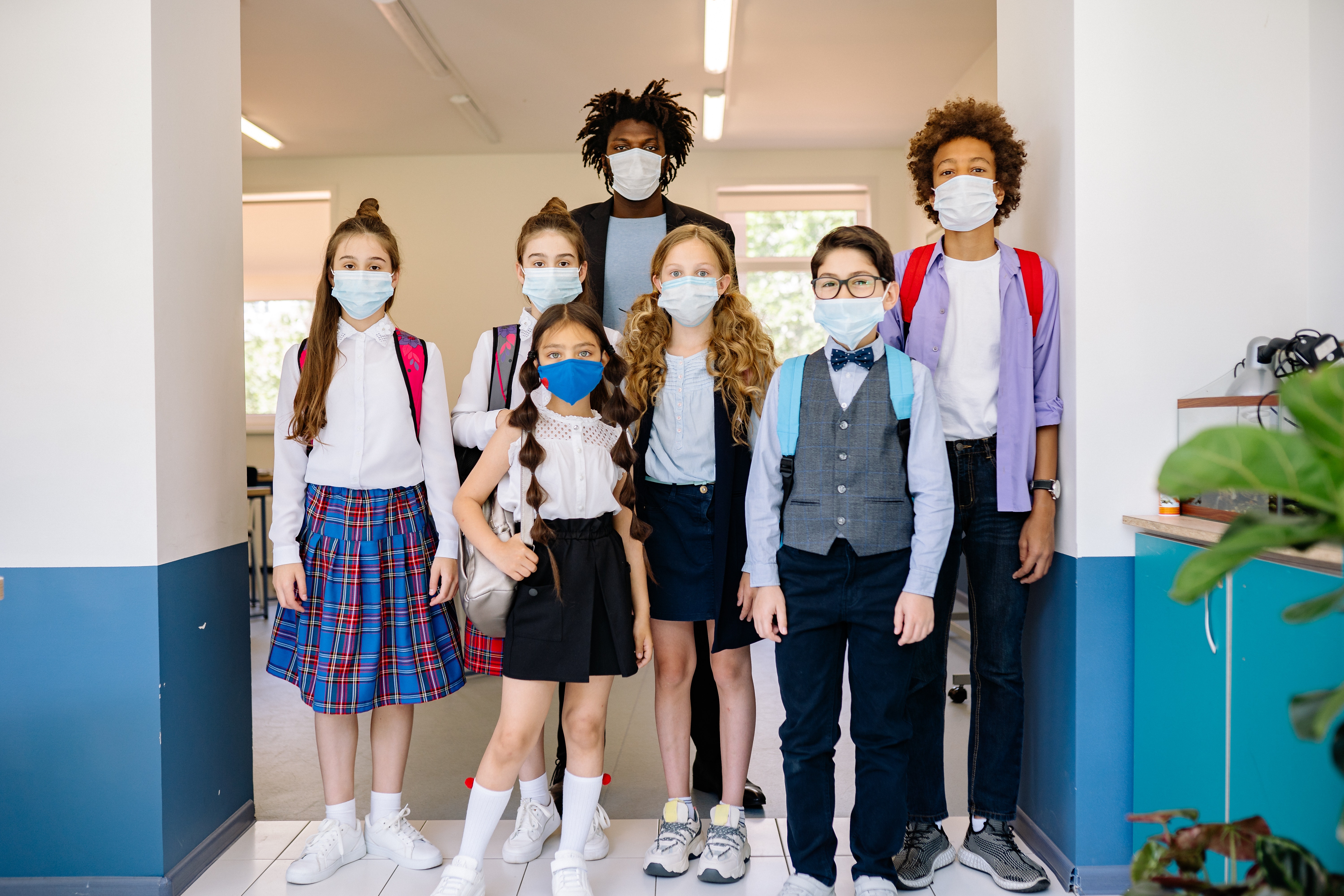- Programs
- Explore EBU
- Academics
- Admission
- Alumni
- Convocation
- Contact
- Blog
- News

- Home
- Programs
- Explore EBU
- Academics
- Admission
- Alumni
- Convocation
- Contact
- Blog
- News

16th July 2022

Though the pandemic is quite under control now, recent surveys discussed its after effects on education. Teachers are now concerned about addressing the emotional needs of students struggling after a long period of pandemic-induced remoteness. Teachers are also concerned with succeeding and abnormal years that have caused learners to fall further behind.
Survey revealed the student failure rate at the start of this year was dreadful across the world. Furthermore, measuring the effect of the pandemic on students is very difficult at this early stage. However, researchers, teachers and educationists agree nearly a major part of the students have been impacted by the pandemic in some way, even though each country navigated balancing wellbeing and learning differently.
The Center for Education Policy Research at Harvard University estimated that one-fifth of American students were enrolled in districts that sustained virtual learning for the majority of the 2020-21 school year. Needless to say, schools struggled immensely to overcome the technological hurdles of constructing virtual classrooms on the fly and this is still prevailing in many countries of the world. Due to these reasons, students are missing so many of the basic and foundational skills altogether.
This situation is concerning for parents as well. Research released jointly by Lurie Children’s Hospital and the University of Chicago showed that 80% of parents said their children have spent significantly less in-person time with friends, while 63% of parents said their children spend more time alone and on screens for non-educational purposes.
Researchers, teachers and school leaders are working hard to overcome this problem.
Join a vibrant community of EBU graduates from around the world.
Connect, collaborate, and create opportunities with fellow alumni through networking, referrals, job postings, and brainstorming sessions. Whether you’re looking to grow your career, share expertise, or explore new ventures, the EBU Alumni Network is your gateway to lifelong connections and global opportunities.